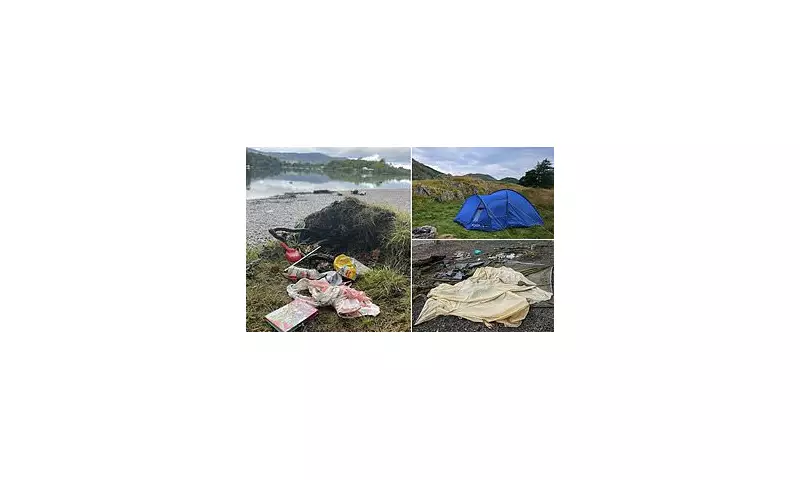
Local campaigners and residents in the Lake District are demanding urgent action, including a tourist tax and immediate fines, to combat what they describe as an environmental crisis fueled by a post-lockdown surge in visitors. The iconic national park, a UNESCO World Heritage Site, is buckling under the strain of litter, illegal 'fly-camping,' and anti-social behaviour.
The situation has become so dire that volunteers now spend countless hours cleaning up abandoned tents, human waste, plastic bottles, and disposable barbecues left in the wake of thoughtless tourists. This 'tsunami' of visitors, while economically beneficial to some, is degrading the very landscape that draws people to the region.
What Measures Are Being Proposed?
The proposed solutions are multi-faceted and designed to tackle the problem head-on:
- A Local Tourist Tax: A small levy on overnight stays, common in many European cities, to generate funds dedicated to maintaining and protecting the area.
- On-the-Spot Fines: Empowering authorities to issue immediate penalties for littering and illegal camping, acting as a stronger deterrent.
- Improved Infrastructure: Investment in better waste disposal and recycling facilities to accommodate the high volume of visitors.
- Targeted Education Campaigns: Initiatives to promote the 'Countryside Code' and encourage responsible tourism.
Residents report an alarming decline in standards, with popular beauty spots like Windermere and Ambleside suffering the most. The rise of 'fly-camping'—where tourists pitch tents in undesignated areas, often on private land, and leave their waste behind—has become a particularly contentious issue.
A Clash of Perspectives
While local campaigners see these measures as essential for preservation, some within the tourism industry worry about the potential impact on visitor numbers. The debate highlights a classic tension between welcoming tourism and protecting fragile environments. The challenge lies in finding a sustainable balance that allows everyone to enjoy the Lakes without loving them to death.
The call for action is a plea to safeguard the Lake District's future, ensuring its natural beauty remains intact for generations to come.





